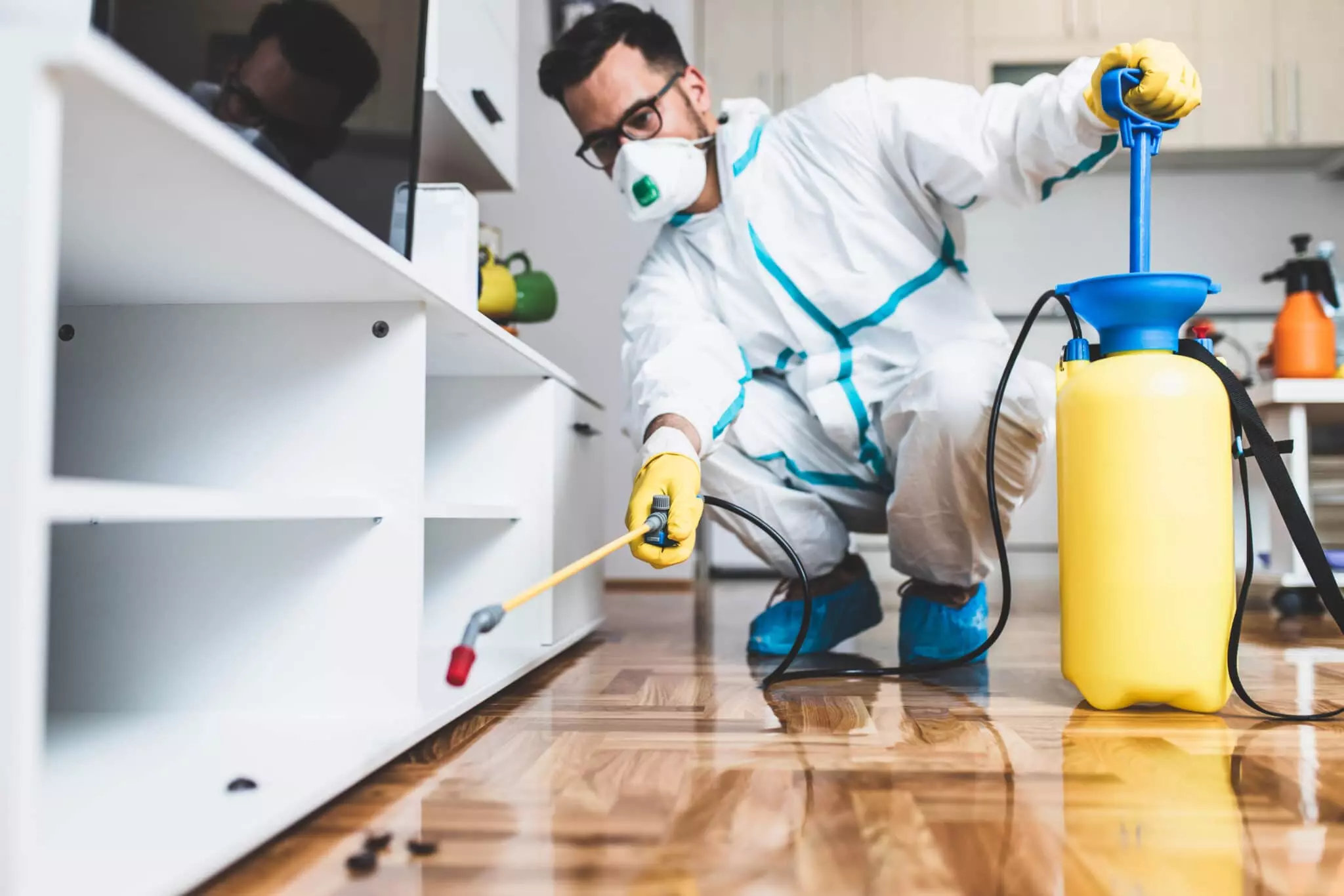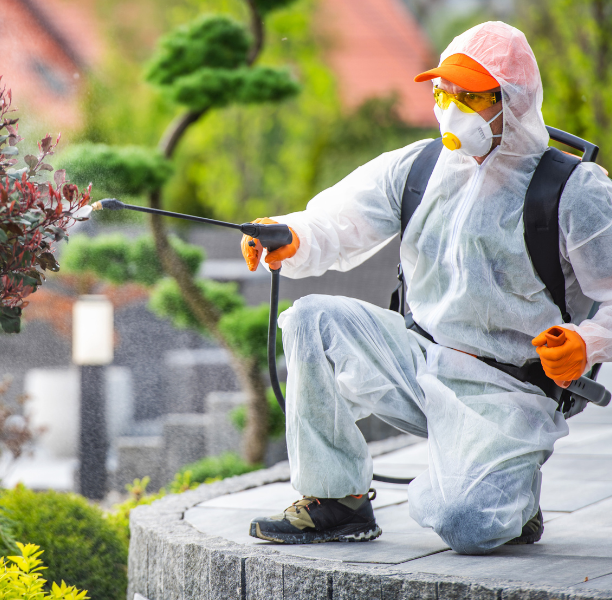Affordable Rat Control Coquitlam Services to Keep Your Home Safe
Affordable Rat Control Coquitlam Services to Keep Your Home Safe
Blog Article
Safe and Trusted Insect Control for Lasting Protection
Effective insect management requires a complex strategy that stabilizes environmental stability with the demand for effective bug reductions. The subtleties of these methods might not be promptly clear, motivating a closer examination of the methods that can lead to lasting parasite control results.
Understanding Bug Control Approaches
Insect control incorporates a range of techniques targeted at managing and getting rid of unwanted bugs and rodents that can intimidate both wellness and residential or commercial property. Understanding these techniques is essential for efficient bug monitoring.
The key groups of parasite control approaches consist of mechanical, biological, and chemical approaches. Mechanical methods involve physical barriers and traps to stop insect access and capture undesirable varieties. Utilizing displays on home windows or utilizing sticky traps can significantly decrease bug populations without introducing harmful materials - exterminator coquitlam.

Chemical insect control is frequently one of the most acknowledged technique, using pesticides to remove pests. These chemicals can be effective but need to be used with care to stay clear of damaging results on non-target types and the setting.
Benefits of Eco-Friendly Solutions
How can green options transform insect control techniques? The adoption of green insect control techniques uses numerous benefits, substantially enhancing the efficiency and safety and security of pest management (exterminator coquitlam). These remedies make use of all-natural active ingredients, lowering the dependence on harmful chemicals that can present risks to human health and the setting. This change not only safeguards family pets and households yet additionally minimizes the possibility for soil and water contamination.

One more benefit is the favorable effect on regional biodiversity. Green services are developed to target specific parasites while maintaining advantageous bugs and wildlife, promoting a balanced community. This technique aligns with the expanding consumer demand for sustainable techniques, improving the credibility of insect control service providers.
Integrated Insect Management Methods
The execution of green services normally causes the fostering of Integrated Pest Monitoring (IPM) strategies, which better boost bug control efficacy. IPM is a holistic method that incorporates several techniques to take care of bug populations while decreasing ecological effect. This approach highlights using biological, cultural, mechanical, and chemical controls, making certain a lasting and well balanced technique of pest administration.
One basic element of IPM is the comprehensive evaluation of parasite activity and environmental conditions. By keeping see post an eye on insect populaces and recognizing their life process, practitioners can implement targeted treatments that interrupt the insect's habitat or lifecycle, reducing dependence on chemical pesticides. In addition, cultural practices such as crop turning and environment adjustment can considerably decrease insect establishment and recreation.
An additional crucial element is using organic control agents, such as valuable bugs or microbes, which can normally subdue bug populations. When chemical applications are required, IPM prioritizes making use of low-risk pesticides and applies them precisely, reducing exposure to non-target organisms and humans.
Integrating IPM methods not just enhances pest control efficiency but likewise promotes a much safer ecosystem, aligning with the expanding demand for sustainable practices in pest management.
Safe Practices for House Owners
Recognizing the significance of risk-free techniques in bug control can empower home owners to properly take care of insect issues while protecting their health and wellness and the setting. Implementing precautionary steps and safe approaches is crucial in decreasing direct exposure to harmful chemicals.
Homeowners ought to first analyze their environment for problems that attract parasites, such as standing food, mess, and water waste. Regularly cleansing and sealing access factors can discourage insects from getting into the home. Making use of all-natural do it yourself pest control deterrents, such as essential oils or diatomaceous earth, can provide efficient options to chemical pesticides.
When chemical treatments are required, home owners should go with items that are particularly labeled as secure for property usage. It is vital to follow application guidelines carefully to avoid overexposure. Using targeted treatments in areas where insects are identified, instead than covering splashing, can considerably reduce chemical usage.
Lastly, preserving open communication with bug control professionals is crucial. Homeowners must ask about the safety and security of items made use of and request green choices whenever possible. By embracing these risk-free practices, home owners can create a healthier living atmosphere while effectively handling insect concerns.

Tips for Long-Term Security
Establishing an insect management strategy that stresses lasting protection can considerably boost the efficiency of the secure practices previously gone over. To achieve this, homeowners ought to implement routine inspections of their home, concentrating on hidden locations such as attics, cellars, and crawl rooms. Early detection of pest task is crucial in avoiding infestations from taking hold.
Additionally, keeping a clean setting is crucial. This includes correct food storage space, promptly cleansing spills, and routinely taking care of trash. These methods reduce attractants that draw pests into the home. Securing entry points, such as splits around doors and home windows, can pest management successfully block possible insect access.
Landscape design should also be thought about; maintaining plants cut and preserving a range in between plant life and the home minimizes concealing areas for insects. Using all-natural deterrents, such as essential oils or diatomaceous earth, can better discourage invasions without resorting to rough chemicals.
Lastly, working together with a professional parasite control service for periodic analyses can offer an extra layer of safety and security. These specialists can use tailored suggestions and advanced therapies, ensuring that your home continues to be shielded versus insects in the long-term.
Final Thought
Finally, trustworthy and risk-free pest control calls for a diverse technique that highlights environment-friendly techniques and incorporated bug management. By implementing all-natural deterrents, carrying out normal examinations, and maintaining proper sanitation, home owners can significantly reduce pest populations while securing valuable bugs and the environment. Partnership with professional pest control solutions improves the efficiency of these methods, making sure customized solutions that give long lasting security and comfort versus future problems.
Reliable parasite monitoring needs a diverse approach that balances eco-friendly honesty with the need for efficient parasite reductions. The adoption of green insect control techniques supplies countless benefits, considerably improving the performance and safety and security of parasite monitoring.The execution of eco-friendly remedies normally leads to the fostering of Integrated Pest Management (IPM) methods, which better improve insect control effectiveness. exterminator coquitlam. By checking insect populaces and recognizing their life cycles, practitioners can apply targeted interventions that interfere with the insect's habitat or lifecycle, lowering dependence on chemical pesticides.In final thought, secure and trustworthy insect control requires a complex strategy that emphasizes eco-friendly methods and integrated insect administration
Report this page